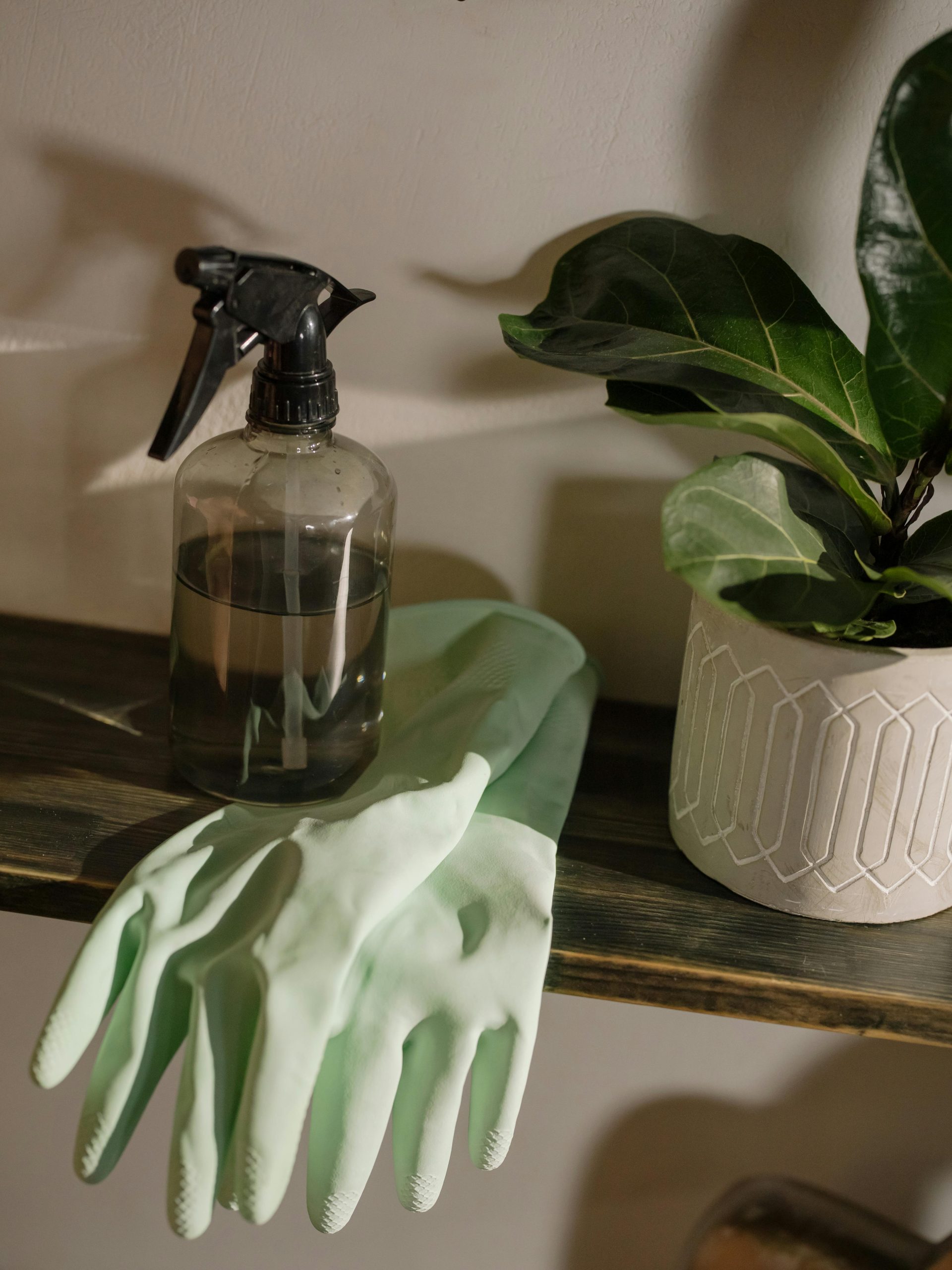Staying organized is more than just keeping a tidy desk—it’s about creating systems that help you manage your time, tasks, and priorities effectively. Whether you’re juggling work, family, or personal goals, staying organized can reduce stress, boost productivity, and give you a sense of control. If you’ve ever felt overwhelmed by clutter, missed deadlines, or forgotten commitments, these proven tips will help you stay on track and make organization a habit.
1. Prioritize with a To-Do List
A well-structured to-do list is the foundation of staying organized. Instead of relying on memory, write down tasks to free up mental space and ensure nothing slips through the cracks.
How to Create an Effective To-Do List
- Break tasks into smaller steps: Large projects can feel overwhelming. Divide them into manageable actions.
- Prioritize tasks: Use labels like “urgent,” “important,” or “low priority” to focus on what matters most.
- Set deadlines: Assign realistic due dates to keep yourself accountable.
- Review daily: Update your list each morning or evening to stay on top of changes.
Digital tools like Todoist or Trello can help, but a simple notebook works just as well. The key is consistency—make list-making a daily habit.
2. Declutter Your Physical and Digital Spaces
Clutter creates chaos. A disorganized environment can distract you, slow you down, and even increase stress. Tackling clutter in both your physical and digital spaces is essential for staying organized.
Physical Decluttering Tips
- Use the “one in, one out” rule: For every new item you bring in, remove an old one.
- Organize by category: Sort items into groups (e.g., clothes, books, office supplies) before deciding what to keep.
- Designate a place for everything: Assign homes for frequently used items to avoid piles.
Digital Decluttering Tips
- Unsubscribe from unnecessary emails: Reduce inbox clutter with tools like Unroll.me.
- Organize files into folders: Create a logical system for documents, photos, and downloads.
- Delete unused apps: Clear your phone and computer of apps you no longer use.
A clutter-free space leads to a clutter-free mind, making it easier to focus and stay productive.
3. Master Time Management
Time is your most valuable resource. Managing it effectively ensures you stay organized and accomplish more without burnout.
Effective Time Management Strategies
- Use time blocking: Schedule blocks of time for specific tasks to avoid multitasking.
- Set boundaries: Learn to say no to commitments that don’t align with your priorities.
- Batch similar tasks: Group related activities (e.g., emails, errands) to work more efficiently.
- Take breaks: Follow the Pomodoro Technique (25 minutes of work, 5-minute breaks) to maintain focus.
Tools like Google Calendar or Notion can help visualize your schedule and keep you on track. Remember, the goal isn’t to fill every minute—it’s to use time wisely.
4. Develop Routines and Habits
Consistency is key to staying organized. Establishing daily and weekly routines reduces decision fatigue and helps you maintain order effortlessly.
Habits to Stay Organized
- Morning routine: Start your day with a clear plan—review your to-do list, prioritize tasks, and set intentions.
- Evening routine: Spend 10 minutes tidying up, preparing for the next day, and reflecting on accomplishments.
- Weekly review: Dedicate time each week to assess progress, adjust goals, and plan ahead.
Habits like these create structure, making it easier to stay organized without constant effort.
5. Leverage Technology Wisely
While technology can be a distraction, the right tools can enhance organization. Choose apps and systems that simplify your life instead of complicating it.
Recommended Tools for Organization
- Task management: Todoist, Microsoft To Do, or Any.do
- Note-taking: Evernote, Notion, or Google Keep
- Calendar apps: Google Calendar, Apple Calendar, or Fantastical
- File storage: Google Drive, Dropbox, or OneDrive
Experiment with different tools to find what works best for you, but avoid overcomplicating your system—simplicity is key.
Staying organized isn’t about perfection—it’s about creating systems that work for you. By prioritizing tasks, decluttering, managing time, building routines, and using technology wisely, you’ll keep your life on track with less stress and more productivity. Start small, stay consistent, and enjoy the benefits of an organized life.
